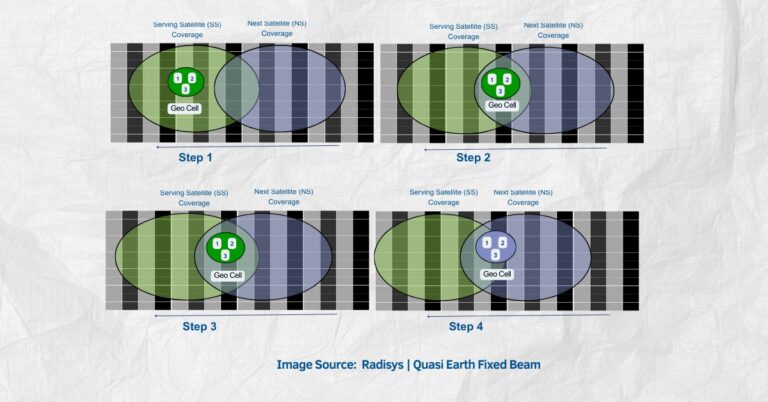London, UK, & Ontario, Canada, 1 Feb 2023 – OneWeb and Galaxy Broadband Communications Inc. (“Galaxy”), the Ontario-based satellite service company that provides telecommunications services to enterprise customers, today announced a US$50 million, multi-year deal to deliver OneWeb’s low Earth orbit (LEO) connectivity solutions across Canada including the northern territory of Nunavut.
As one of OneWeb’s fastest-growing Distribution Partners to date, Galaxy has already deployed to more than 75 locations throughout Canada, meeting a range of customer needs and connecting anywhere from 30 to 800 users at each site.
Powered by OneWeb’s LEO satellite communications network, Galaxy offers connectivity services designed specifically for the remotest Canadian enterprises, including mine sites and remote communities.
The deal enables Galaxy to support the digital transformation of enterprises, communities, civil, and military government users, giving high-speed access to digital information, productivity tools, and cloud services.
Neil Masterson, CEO of OneWeb, says: “We are thrilled to be expanding our work with Galaxy, delivering on our mission to provide high-speed, low-latency service to more rural and remote areas where connectivity is long overdue. With decades of experience successfully connecting Canadians, Galaxy is one of OneWeb’s first partners and we are proud of the service we have been able to deliver together across Canada. Galaxy recognized early on the unique capabilities a low Earth orbit satellite constellation can offer to reach some of the most remote locations. Thanks to our deepening partnership, we can bring increased connectivity to even more Canadian enterprises, communities, and governments.”
Rick Hodgkinson, CEO and founder of Galaxy Broadband Communications Inc., comments: “Galaxy is delighted to expand its business with OneWeb and secure the bandwidth vital to improve connectivity throughout Nunavut. Access to broadband internet is an essential service that supports education, healthcare, commerce and general well-being. There are numerous communities throughout Canada that do not have access to broadband internet, with the challenge in Nunavut being particularly acute as the Territory is 100% dependent on satellite connectivity services. OneWeb’s low Earth orbit satellites will marketably improve connectivity in the Territory and is an important milestone for Nunavummiut. Galaxy’s roll-out of OneWeb services is underway with a target to have all 25 communities in Nunavut connected by the end of 2023.”
Source: OneWeb Press releases
























